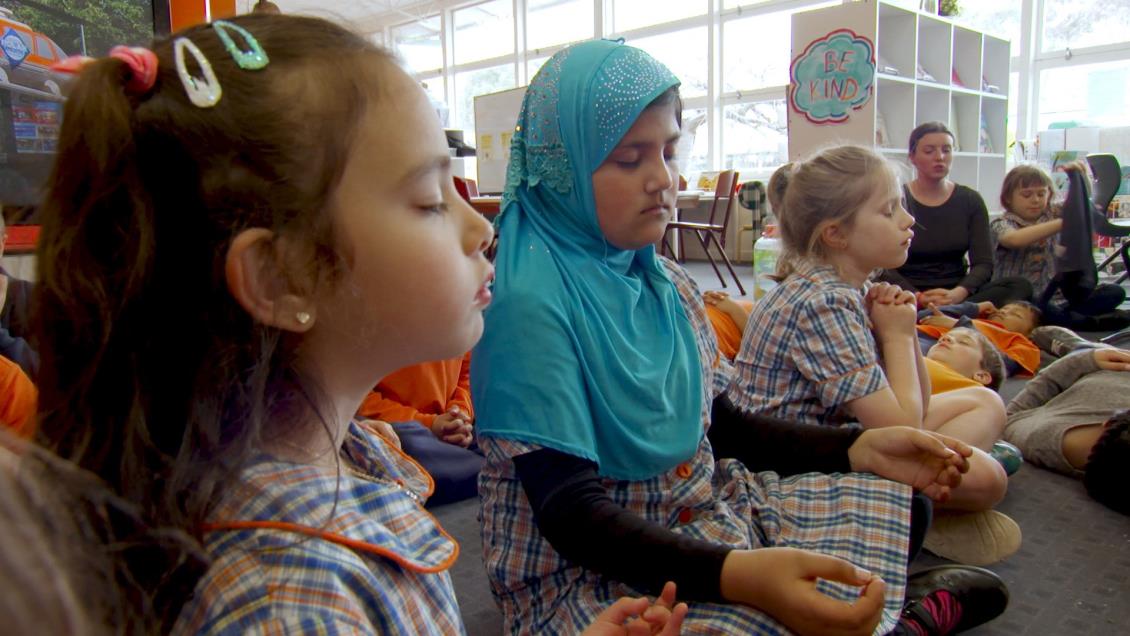Reducing Test Anxiety with Simple Strategies
Monday, March 9, 2020

Test anxiety casts a shadow over Quinlan O’Grady’s classroom at Schmid Elementary School in Chicago, she writes in “Test Anxiety Is Crippling Students. Giving Them a Breather Can Help.” for EdSurge. “I have often felt that I am either always preparing my students for a test or administering one.”
The near constant anxiety takes a toll on her second and third grade students, she says, many of whom have experienced trauma. O’Grady also feels the pressure: She worries about how her students’ performance on tests will reflect on her teaching abilities.
To combat testing anxiety, O’Grady decided to start using daily strategies in the classroom to help students cope. She is guided by the mantra, “You are worth more than a score.”
She starts with a greeting at the door—an evidence-based practice that has been proven to increase student engagement and reduce discipline issues. “Students take part in daily morning meetings in which they are given the space to share their current emotional state through activities such as ‘highs and lows’ or ‘mood colors’ should they choose,” she writes. The practice sets a positive tone and helps build a supportive environment.
Throughout the day, O’Grady does a temperature check to gauge how students are faring during transitions between recess and class, and then incorporates physical movement based on their needs. If they need to release energy, she leads students in stretches, yoga and dance. If they need to be calmed, she guides them in meditation or breathing exercises.
Introducing calming breaks helps address students’ immediate anxiety, and also has positive long-term effects, writes O’Grady, who has witnessed how her students have thrived after using the practices independently, “even without prodding.” The goal isn’t to eliminate test anxiety, she says, but rather to train students in coping techniques that they can use to cope with testing—and in life.
“Students now realize that having anxiety around their performance is normal and natural. However, we do not have to let the anxiety consume us to the point where it impacts our performance,” she writes. “It’s okay to ask for a break or for help if we feel overwhelmed.”
Source: Edutopia